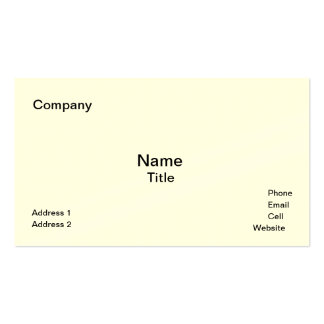When people don’t feel appreciated, there’s more internal conflict and stress, a decrease in productivity, more absenteeism, lower customer satisfaction ratings and reviews and even a decrease in customers.
In fact, in the book “The 5 Languages of Appreciation in the Workplace,” co-author Paul White cites that 88 percent of employees leave their company, not for money, but for not feeling trusted and valued.
There’s a saying often heard around human resource professionals, “people don’t quit companies, they quit supervisors.” For those who directly work within customer service, the greatest loss is the customer that disappears quietly. They no longer feel valued or important so it’s not even worth their while or interest to complain.
Showing appreciation is important, yet not all of us practice that consistently with our customers, co-workers, volunteers or connections. According to a SoulPancake video, “The Science of Happiness: An Experiment in Gratitude,” showing gratitude benefits the party being thanked and the person showing gratitude as well.
Being busy is often cited as the reason there’s a delay or oversight in sharing appreciation, followed by the awkwardness, and sometimes, the perceived disingenuous feeling from delivering an automated “thank you” to someone.
Here are three pointers to consider when showing appreciation.1. Keep it simple. Gratitude can take many forms, from gifts to phone calls, yet often the most sincere show of appreciation is one that’s simple and heartfelt. As a business owner, you might feel the need to show appreciation through material gifts, and that’s fine. However, gifts sometimes distract from the message or mask the genuine feelings that should accompany them.
Simply saying “I appreciate all you’ve done/offered” goes a long way in showing the respect you have for others. Next time you’re hard pressed for a way to show appreciation, just say it, and mean it.
Being valued and noticed are often gifts of appreciation that are valued more than any other.
2. It doesn’t have to follow a good experience. Many times, we show appreciation for the good things people do for us. Is that truly the only time to show gratitude?
There are times when a prospective client will tell you he or she appreciates your effort and yet you still don’t secure his or her business. You did a great job, but the client felt ultimately that another business was more deserving or a better match. Showing gratitude might be the last thing on your mind.
Yet, now is the time. Send back a thank-you note, thanking him or her for taking the time to consider your offering, and letting him or her know you’re always available should he or she ever need your services. Acts like that are what keep you in the client’s mind next time he or she or someone in his or her circle of associates and friends require your specific expertise. You’ll thank yourself for showing appreciation when you did.
Appreciation is focused on the person, not the act. If you’re focused on growing your connections and sphere of influence, sincere gratitude is most attractive to those you wish to connect with and cultivate business relationships with.
3. It has to start from somewhere. Good habits take time and showing gratitude is no different. If the perception you want associated with your business is that of friendliness, gratitude and humbleness, then this is an area to focus some time and resources.
It starts with one person before it translates to a business culture. Show appreciation to the people and co-workers around you. Cultivate the same in the office, and let others know that you appreciate their efforts. Gratitude has to be a strong theme in the workplace before it translates to the outside environment.
The most important part of this is that it must be sincere and communicated in a way and form that the recipient can hear. Often recognition is confused with appreciation, and they are not one in the same.
Keep in mind people do business with people. A strong, appreciative culture growing in your business will exude and become a part of your brand culture. That will be evident in every interaction with your customers.
People are far more willing to associate and do business with someone who appreciates and respects them. By focusing on showing gratitude, co-workers, colleagues, customers and others around you feel valued and important.








No comments:
Post a Comment